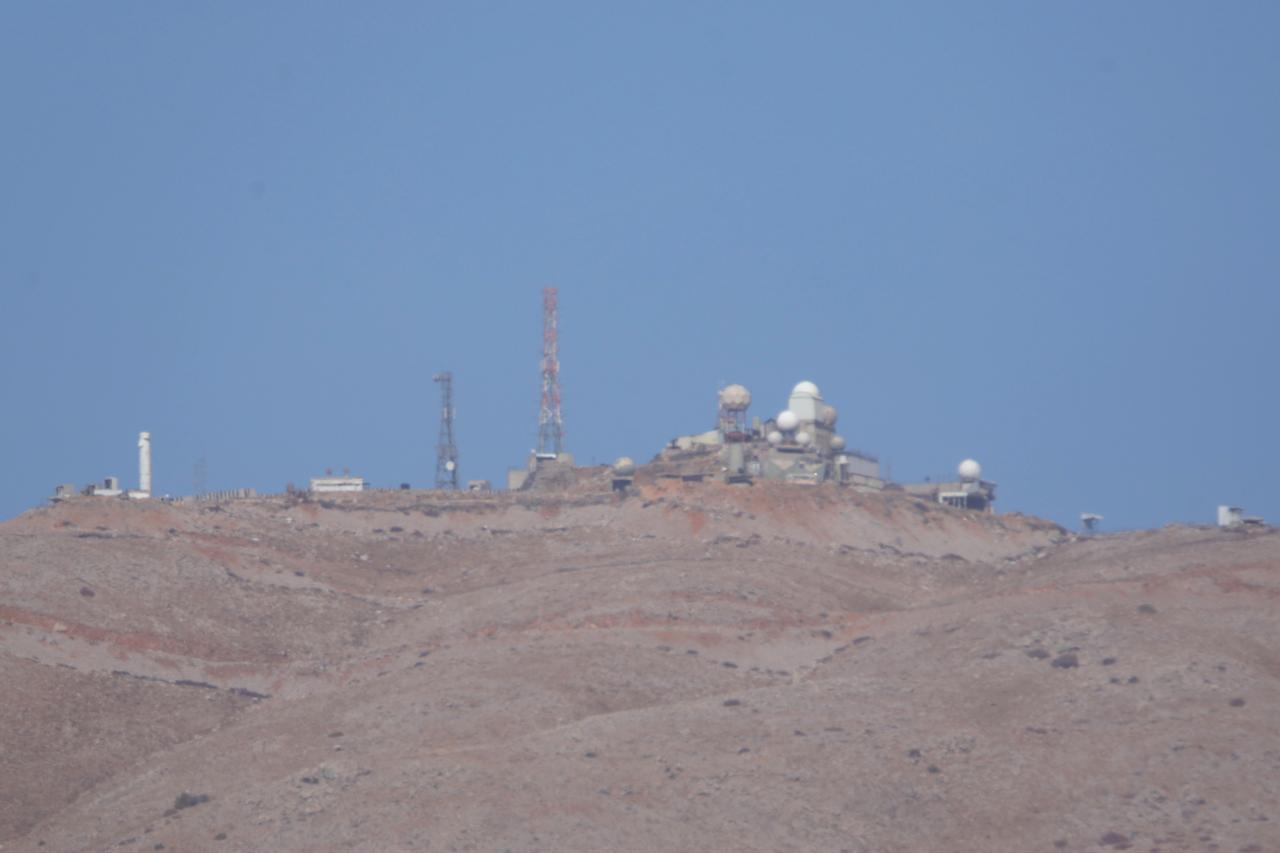
The Israeli military has expanded its occupation of southern Syria following the collapse of the Assad regime, establishing 19 military positions in violation of the 1974 Disengagement of Forces Agreement, according to field documentation.
From Dec. 8, 2024, to July, Israel established 10 military positions in rural Damascus' south, Daraa, and Quneitra provinces.
The number has increased to 19 in the past three months.
The military positions are concentrated on strategic hilltops and at major road intersections in the buffer zone that should remain neutral under the 1974 agreement.
Israel intensified air strikes following the Assad regime's collapse and has since moved beyond the occupied Golan Heights into the demilitarized buffer zone, where it should maintain a neutral stance.
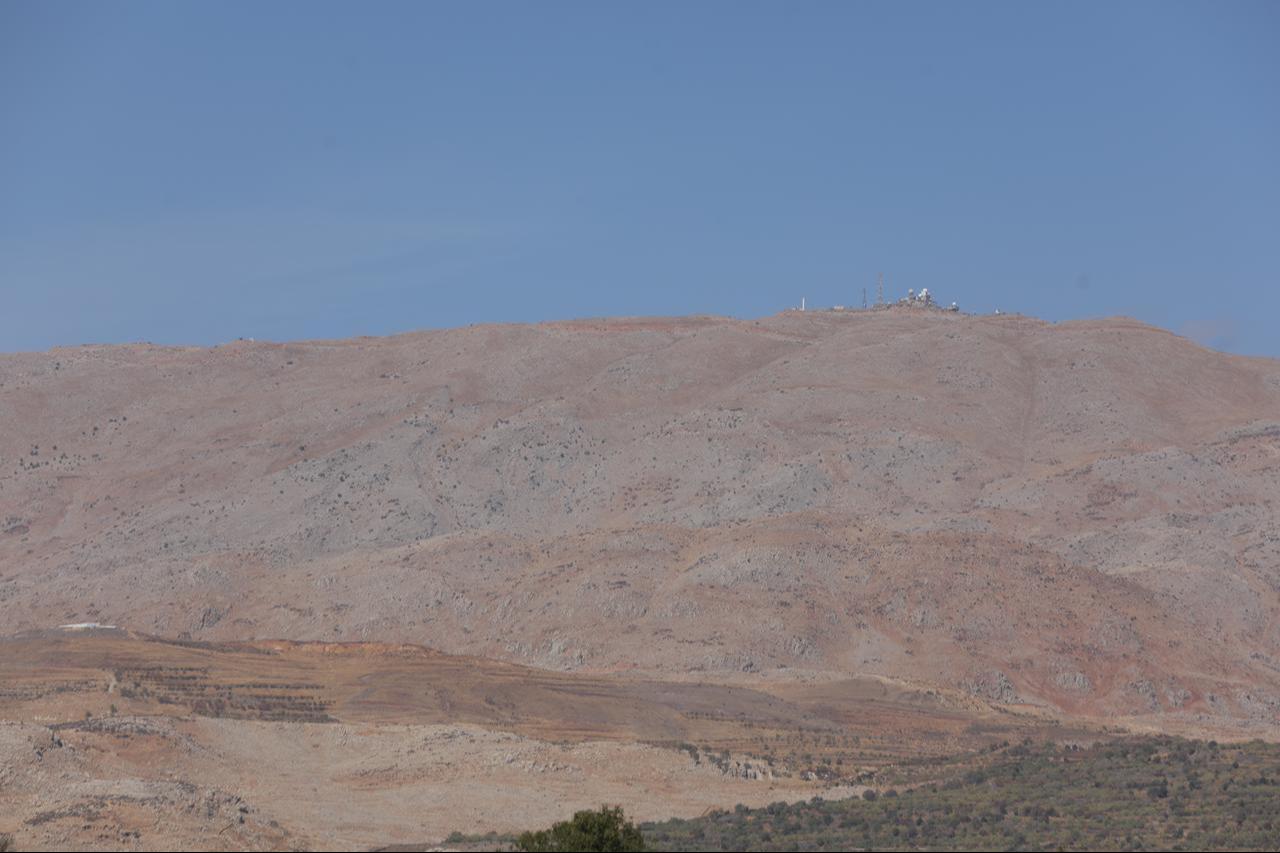
The Israeli military position in Tolul Hamar village in rural Damascus is the closest to capital Damascus, located 40 kilometers away. The largest Israeli military deployment established in the region is located in the Jubata al-Khashab village.
In rural Damascus, Israel has established observation points at Jabal al-Sheikh and a mobile position at Beit Jinn village. In Daraa province, Israel maintains five military positions.
Quneitra province contains 14 positions located at Jubata al-Khashab, Qurs al-Nafal, al-Qahtaniyah, Kwdana, Tulul al-Humr, al-Hamidiyah, Mantara Dam, Old Quneitra and other regions.
Military positions established in rural Quneitra, at the foothills of the Golan Heights, and in the buffer zone are positioned to monitor regional movements directly.
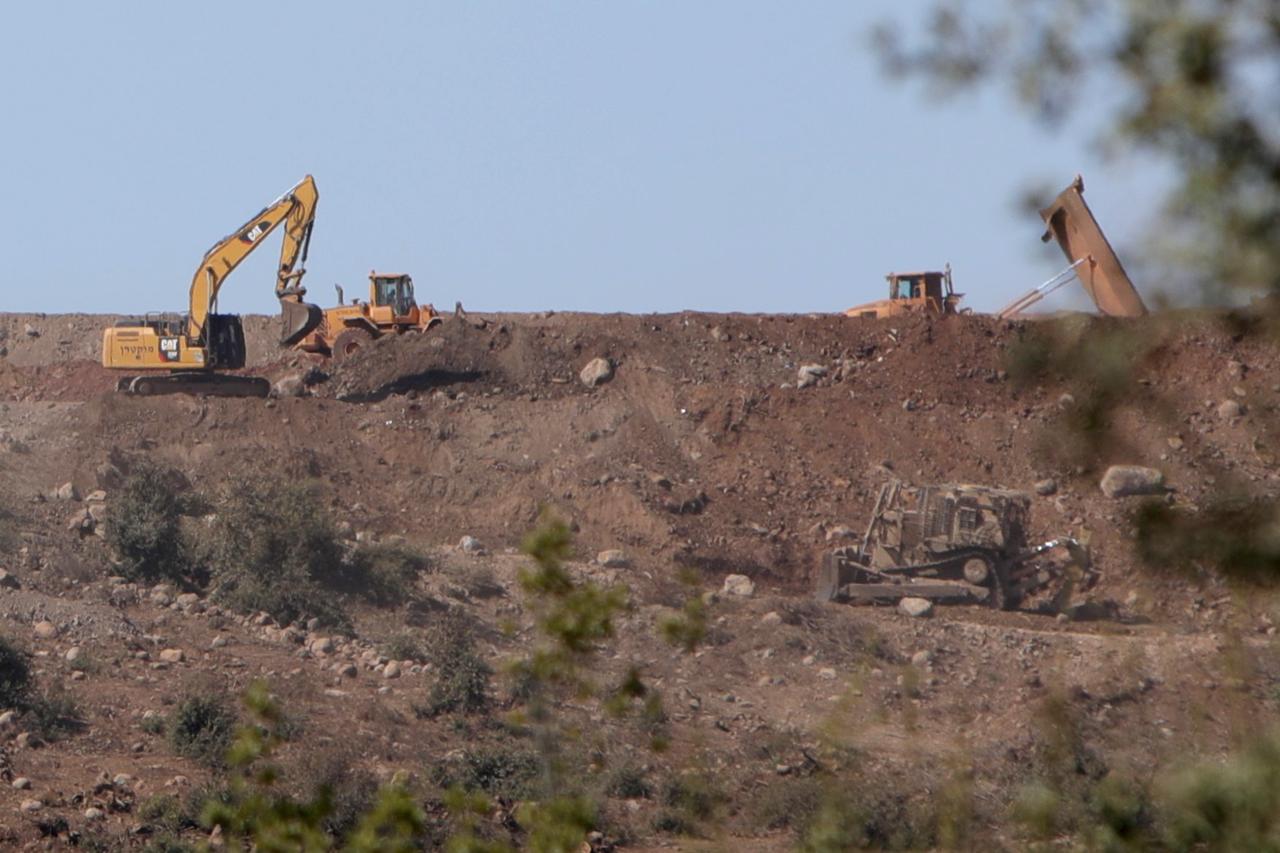
Israel has expanded military operations in the past two weeks, advancing to the red demarcation line on the Syrian side of the buffer zone. The military has intensified incursions involving raids, detentions, and search operations.
Israel has expanded its military presence while destroying hundreds of acres of forest and agricultural land using heavy machinery.
Civilians report losing livelihoods and security as a result of the raids and military operations.
Ruba Devvara, a resident of Jubata al-Khashab village, described how escalating raids have turned daily life into a nightmare. "Our children are crying from fear. They even throw 4-year-old children to the ground," Devvara said.
Devvara noted that Israeli soldiers detained a young man from the village without legal process and that residents lack the power to resist. "Israeli forces entered the town with tanks and hundreds of soldiers," Devvara said, adding that residents now seek peace and security.
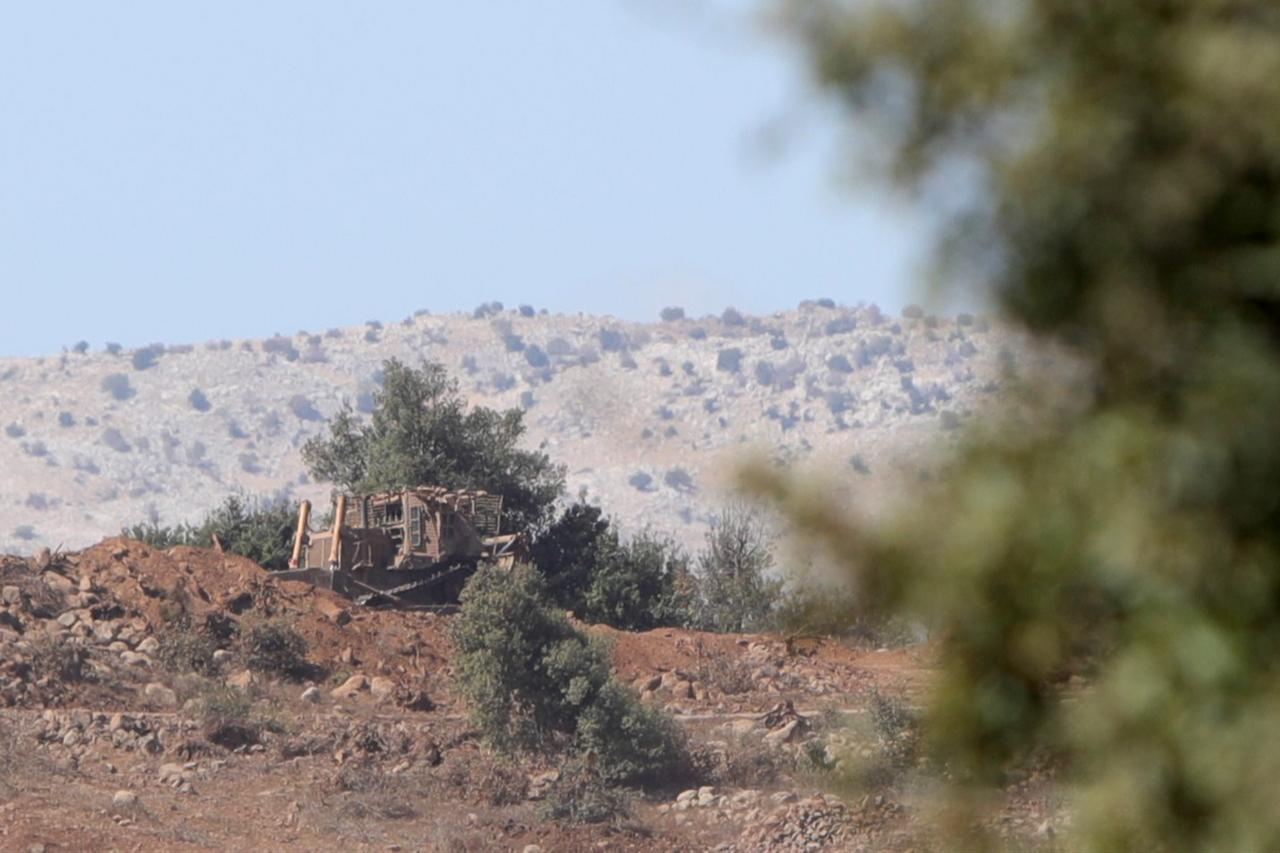
Agriculture Director Cemal Muhammed highlighted the scale of destruction, stating, "The destruction in Jubata al-Khashab forest that began Friday morning is not the first. Previously, 50 acres were destroyed in Shaqra village, and 130 acres in this village."
"Now, another 110 acres have been destroyed. They have destroyed hundreds of acres of land," Muhammed said.
"Some trees are 1,000 years old while others are 300 years old," Muhammed noted. Israeli military forces have seized agricultural land, with the total lost land amounting to approximately 700 acres.
Muhammed said the situation in agricultural areas has been reported to the Ministry, and residents are demanding an end to Israeli military attacks.
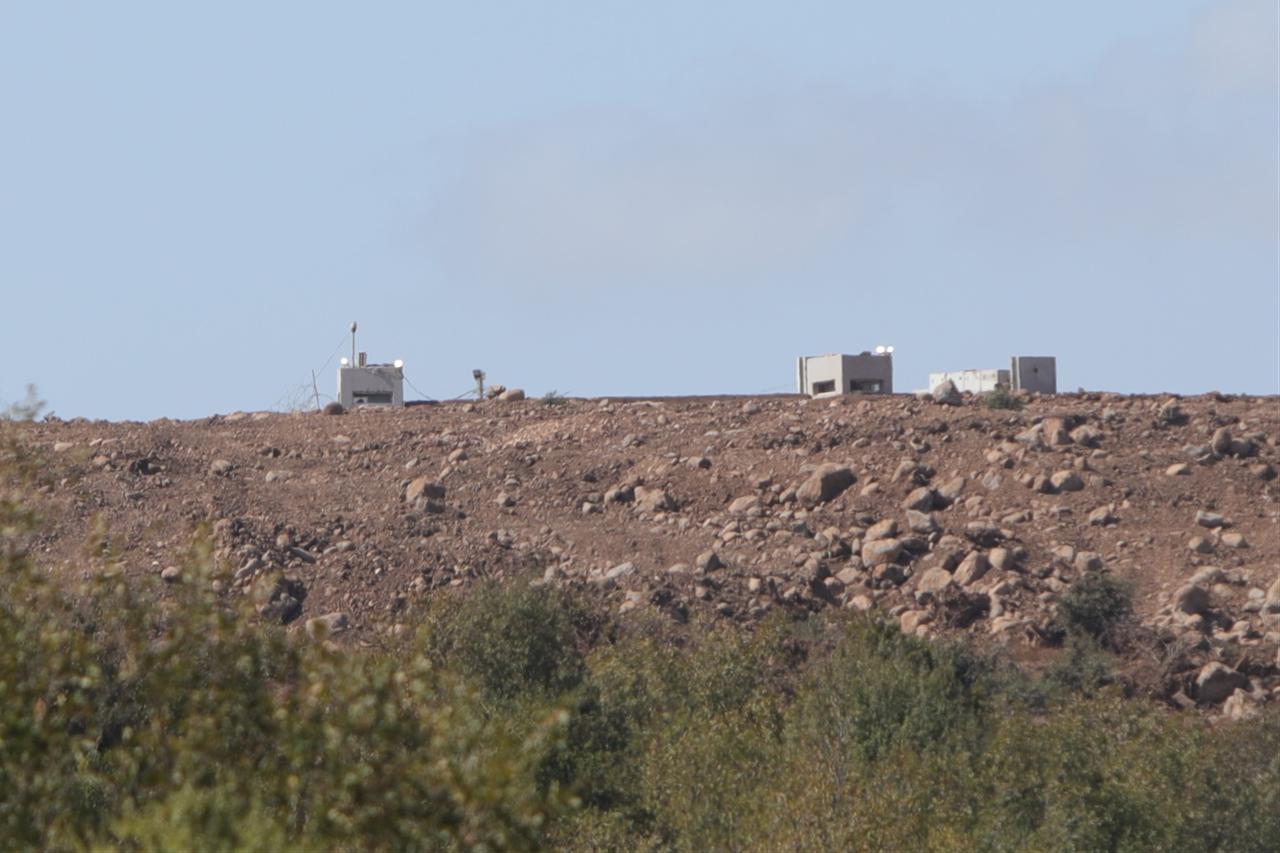
Abu Anes, who works in agriculture, emphasized the destruction of livelihood sources, saying, "They entered forest and agricultural land, depriving us of all water sources in the village. They destroyed hundreds of acres of forest with heavy machinery."
"Our apple and cherry orchards are dead. We are poor with no other income," Abu Anes said.
Village Administrator Muhammed Mreyved drew attention to the continuity of raids, noting that Israeli military incursions have become routine daily occurrences. "They establish road checkpoints and conduct arbitrary detentions. They destroyed private agricultural and forest land, creating fear and panic among residents. We demand an end to raids and detentions," Mreyved concluded.